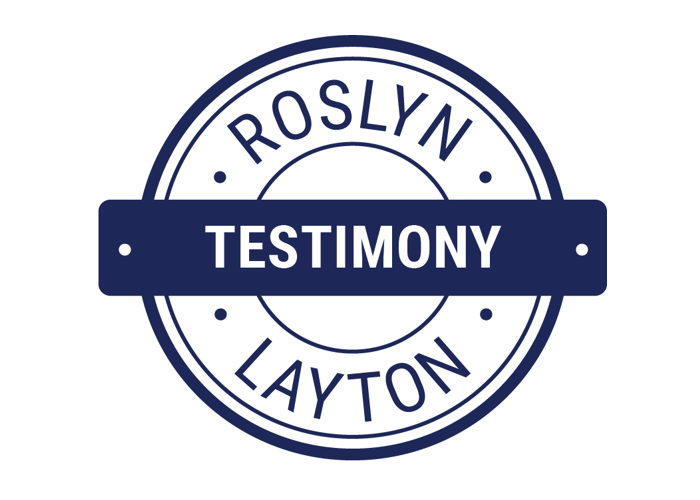US Senate Judiciary Committee Hearing on “GDPR & CCPA: Opt-ins, Consumer Control, and the Impact on Competition and Innovation”, March 12, 2019

The GDPR has strengthened the largest players. Since the implementation of the GDPR, Google, Facebook, and Amazon have increased their market share in the EU. Three things have happened. The high cost of GDPR compliance is an advantage for large firms which have larger budgets to pay for software upgrades and privacy professionals. Companies have stopped using competing tracking tools to Google and Facebook, giving a greater share of the market to the established players. Users are less likely to try new platforms and tools, sticking instead with the “devil they know” in the incumbent players.
For those who study the empirical outcomes of regulation, it is not a surprise. As Nobel Prize Economist George Stigler observed more than 40 years ago, “Regulation is acquired by industry and operated for its benefit.” Indeed larger firms may welcome the GDPR because it can insulate them from competition.
The GDPR has weakened small- and medium-sized firms. Small ad tech competitors have lost about one-third of their market share. The data show that the EU has not fostered an environment in which small- and medium-sized companies grow.
Despite some years of notice about the GDPR’s coming implementation, only 20 percent of EU companies, primarily the large firms, are digitized. There is little to no data that show that small- to medium-sized companies are growing in the EU because of the regulation. The European Commission’s digital scoreboard reports show a consistent lag in the small to medium enterprise segment, particularly to modernize their websites and market outside their own EU countries. One study suggests that small- and medium-sized ad tech competitors have lost up to one-third of their market position since the GDPR took effect.
Many American retailers, game companies, and service providers no longer operate in the EU. The Williams-Sonoma and Pottery Barn websites are dark. The San Francisco–based Klout, an innovative online service that used social media analytics to rate its users according to online social influence, closed down completely. Drawbridge, an identity-management company from San Mateo, California, exited the EU and sold off its ad-tracking business because of the GDPR. Verve, a leading mobile marketing platform with offices in six US cities, closed its European operation in advance of the GDPR, affecting EU employees.
Valve, an award-winning video game company in Bellevue, Washington, shut down an entire game community rather than invest in GDPR compliance. Uber Entertainment, also based in Washington, similarly shut down one of its most popular games entirely after a six-year run because upgrading the platform to GDPR compliance was too expensive. California-based Gravity Interactive no longer offers games in the EU and refunded its European customers.
The Las Vegas–based Brent Ozar Unlimited, which offers a range of information technology and software support services, stopped serving the EU. San Francisco’s Payver, the dashboard camera app that pays drivers to collect road information on potholes, fallen road signs, and other inputs to build maps to improve the safety of self-driving cars, no longer supports the EU. Legal news website Above the Law describes the EU closures of Ragnarok Online, Unroll.me, SMNC, Tunngle, and Steel Root, noting that the GPDR is splintering the internet and that GDPR policymakers refused to listen to concerns from startups before the launch and now refuse to fix its problems. Even the Association of National Advertisers website is not available in the EU. The regulation has hurt the European venture capital market which funds startups. An important study published by the National Bureau of Economic Research and coauthored by the Federal Trade Commission’s (FTC) former chief economist notes a $3.38 million decrease in total dollars raised per country per week from July 2017 to September 2018, a 17.6 percent reduction in weekly venture deals, and a 39.6 percent decrease in the amount raised per deal. The numbers are associated with between 3,000 and 30,000 job losses.